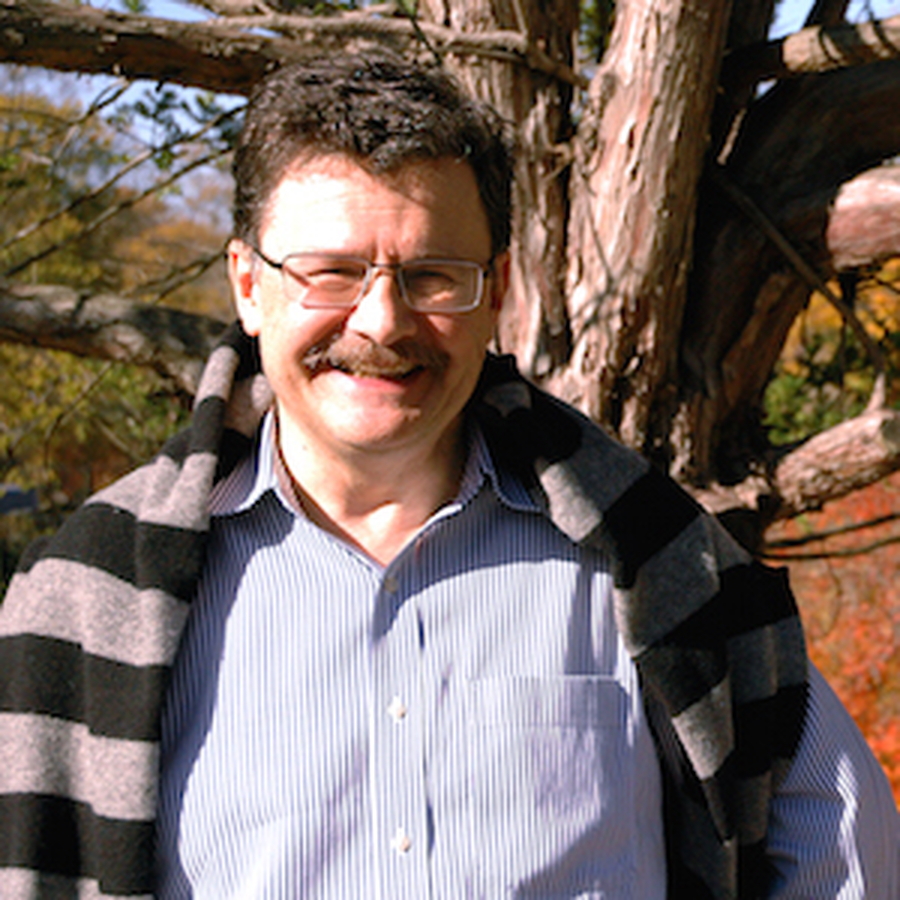A major focus of the field of chemistry is predicting how various atoms form bonds, hence molecules, and how such bonding controls the structure and properties of molecular matter. Historically, almost all chemistry has been performed at ambient pressure - the atmospheric pressure at the Earth’s surface. However, the majority of matter in the universe resides at extreme pressures and temperatures that force atoms into extremely close contact, where chemical behavior can become surprising, and where very exotic compounds can become stable.
During this lecture, Dr. Goncharov will explain how we do experiments at extreme pressures, in some cases exceeding one million atmospheres. He will present some recent discoveries of unusual “salts,” and stable compounds with noble gases. These exotic materials hold a promise of potentially unparalleled physical and chemical properties. Many of these newly discovered extreme materials are made of the most abundant elements in the universe and thus are likely to be present in the interiors of giant planets such as Jupiter and Saturn.
Dr. Alexander Goncharov
Staff Scientist, Geophysical Laboratory
Carnegie Institution for Science
